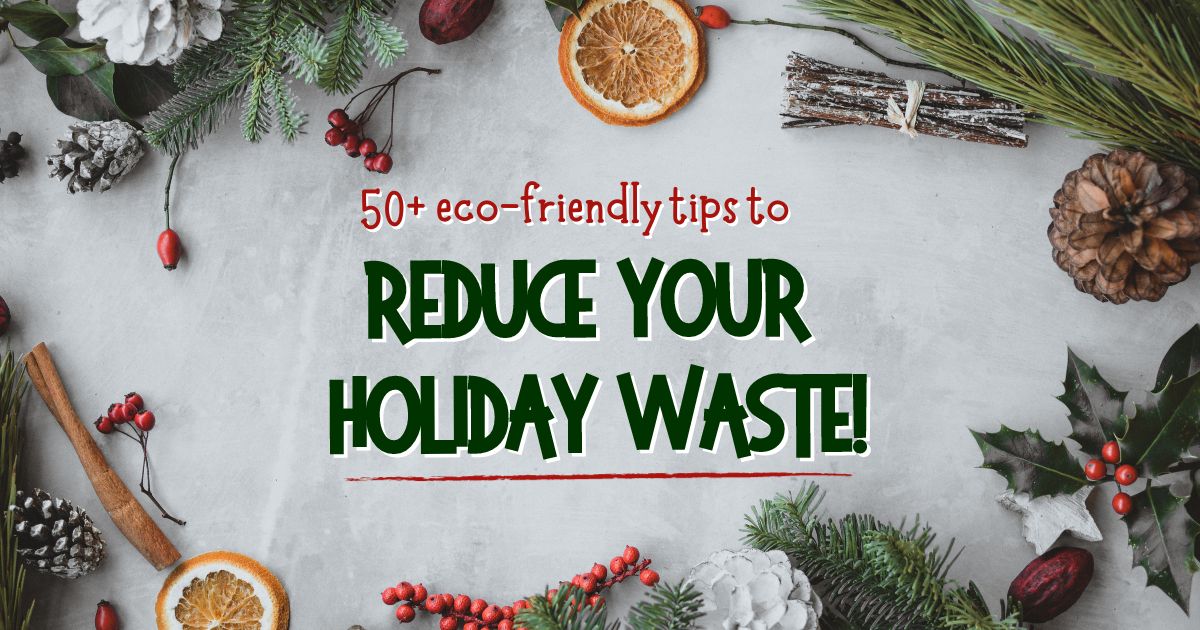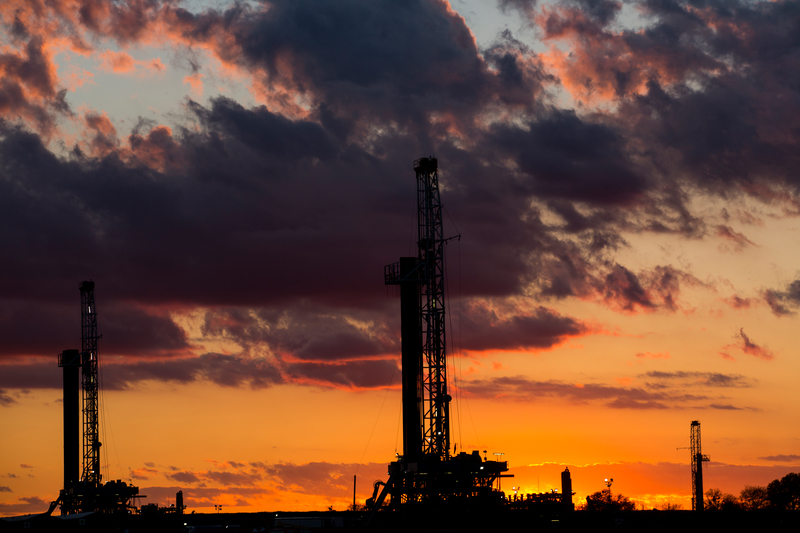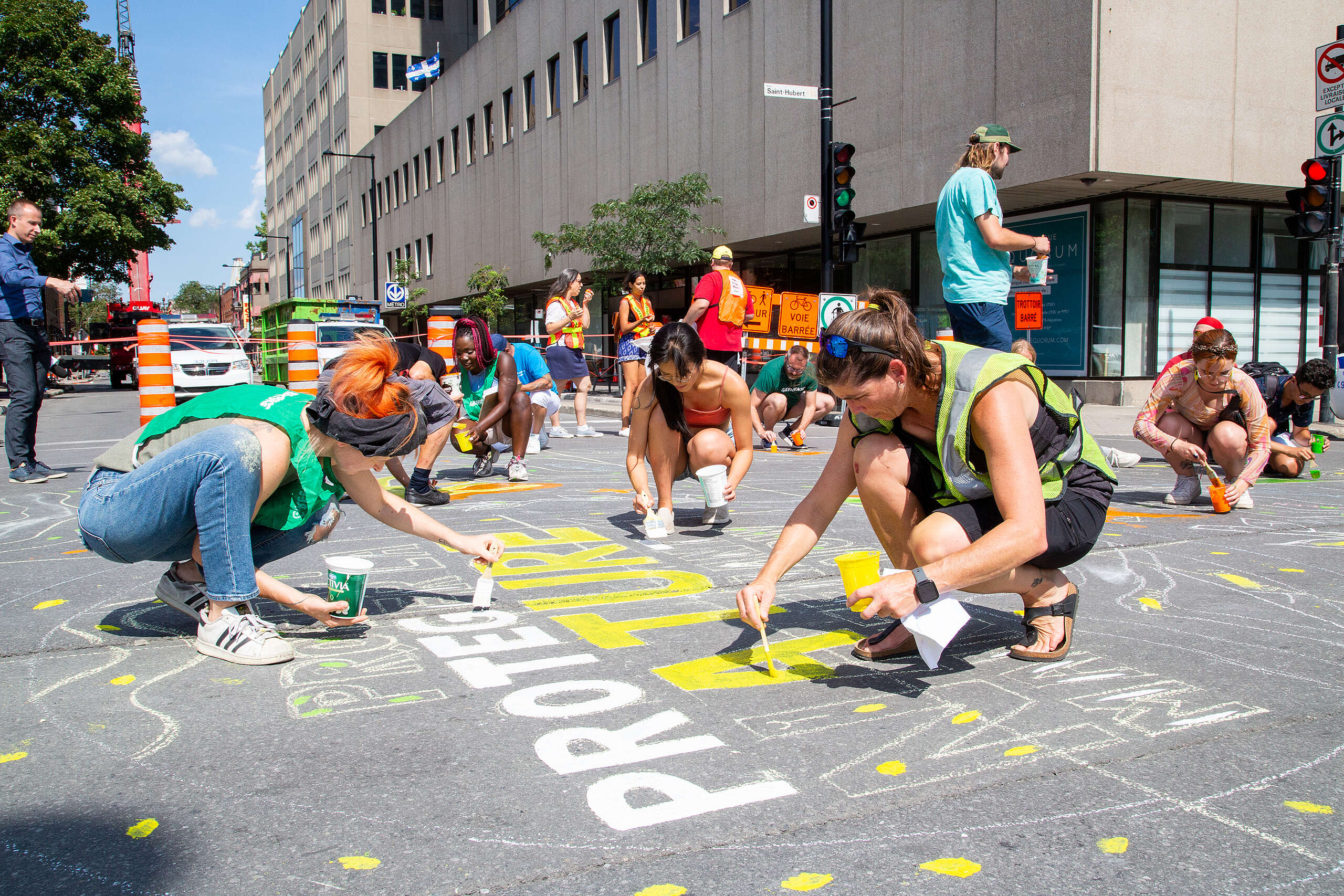How the federal government’s proposed approach to plastic waste leaves the public holding the bag on industry pollution.
A new Greenpeace investigation reveals that Canada can’t handle the plastic trash companies generate. Findings demonstrate that the federal government’s new approach for achieving zero plastic waste by 2030 is likely doomed to fail, leaving households, communities and the environment to deal with the consequences.
As waste is set to increase over the holidays, following higher than usual plastic use and disposal during the pandemic, Greenpeace Canada’s new report, Plastic Recycling: That’s Not a Thing, shows that the country is equipped to recycle less than a fifth of its plastic trash. Greenpeace analyzed the capacities of top recycling centres, the shortfalls of current and so-called “advanced recycling” technologies and continued federal investment in plastic production.
Key findings of the report:
- The current federal Approach is not equipped to get us to zero plastic waste by 2030. To meet its ambitious recycling targets, the Approach assumes a rapid expansion of unproven recycling technologies over the next decade. The Approach fails to provide adequate measures to curb virgin plastic production and focuses on handling the waste; this does not put Canada on a path toward a circular economy.
- Canada is not equipped to recycle even a fifth of current plastic waste. The biggest mechanical and chemical recycling facilities in Canada, in a best-case-scenario, are only equipped to recycle less than 17% of the more than 3.2 million tonnes annual of plastic waste produced in Canada (based on last available data in 2016).
- Even the better-case scenario in British Columbia is failing. B.C. is still losing more than half its plastic waste to landfills and an additional 30% turning plastic into fuel, annually. That’s despite having a more well-established Extended Producer Responsibility program.
- Investments in more recycling and so-called “advanced recycling” aren’t the solution. Not only would chemical recycling likely take more years to scale than there are years left to meet the 2030 deadline, but often chemically “recycled” plastics are turned into fuel, generating emissions. This is a non-circular end-use Greenpeace does not consider recycling.
- Governments are spending hundreds of millions on plastic production, while pursuing the recycling myth. The report found that at least $334 million in public money (federal and provincial) has been given to virgin plastics producers since 2017, plus millions more allocated to the plastics industry after the covid-19 pandemic was declared.



